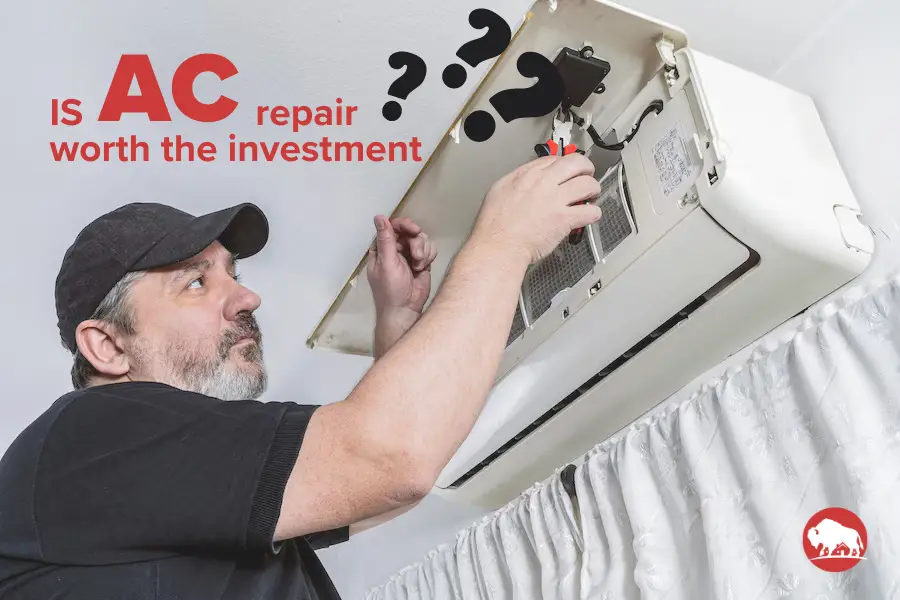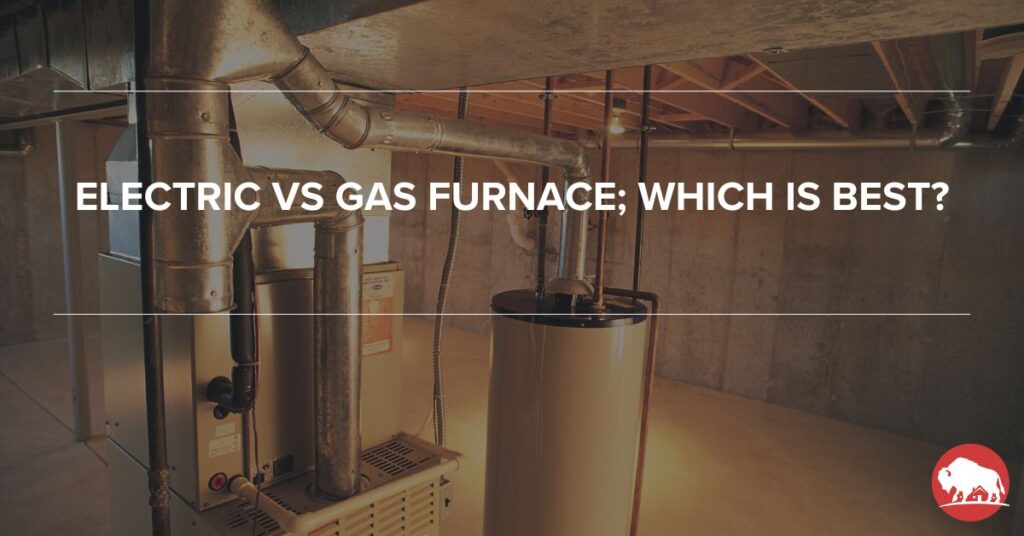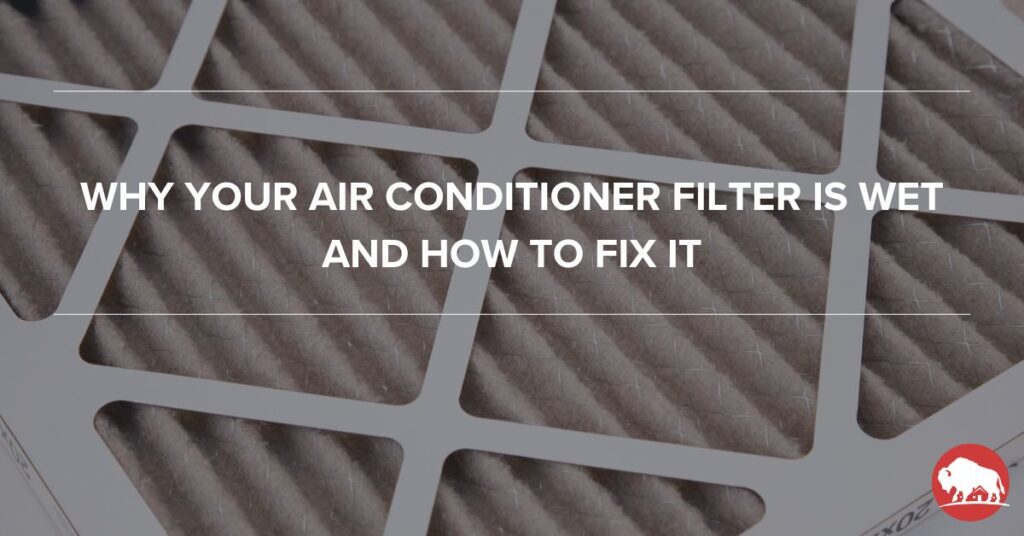Especially in the summer here in Northern Colorado, when temperatures increase, AC systems are essential to keep you comfortable and productive. However, like all mechanical systems, Air Conditioning Systems require regular maintenance, occasional repairs, and eventual replacement installation to make sure they function efficiently and effectively. We will walk you through the importance of AC repair, AC maintenance, and AC replacement and Installation, providing you with the knowledge you need to keep your air conditioning system in top shape.
How Does Air Conditioning Work?
Knowing how your Air Conditioning works can help you diagnose potential issues and communicate more effectively with HVAC professionals. If you know how the different parts of your AC unit work together, you can spot problems early and explain them clearly when you call for help. This knowledge makes it easier to keep your AC running smoothly and efficiently.
- Compressor: Think of the compressor as the heart of your AC unit. It pumps a special liquid called refrigerant through the system. This refrigerant is crucial for cooling your home because it absorbs and releases heat.
- Condenser Coil: This part is located outside your home. The condenser coil takes the heat that the refrigerant has absorbed from inside your home and releases it outside. Essentially, it helps get rid of the hot air.
- Evaporator Coil: This coil is inside your home, usually near your furnace. It absorbs the heat from the air inside your house. When warm air blows over the evaporator coil, the refrigerant inside it absorbs the heat, cooling the air.
- Blower: The blower is a fan that circulates air over the evaporator coil and then pushes the cooled air through your home’s ductwork, spreading it throughout your house.
- Filter: The filter traps dust, dirt, and other particles from the air that flows through your AC system. This keeps the air in your home clean and prevents these particles from clogging up the system. If your Air Conditioning filter is wet, check out our blog about what to do.
- Thermostat: It is the main controller for your air conditioning system. It lets you set the desired temperature for your home. When the temperature rises above this setting, the thermostat signals the AC unit to turn on and start cooling. Check out a Programmable Thermostat if you are looking to upgrade.
Why Do I Need Regular AC Maintenance?
Regular AC repair & maintenance is the cornerstone of a reliable and efficient air conditioning system. It not only extends the lifespan of your unit but also improves its performance, reduces energy consumption, and helps you avoid costly repairs. This is saving you money not only in not needing to buy a new unit but also in your energy bill! Learn how to Create an Energy Efficient Home in one of our previous blogs. Here are some essential maintenance tasks you can do to keep your AC running smoothly.
- Filter Cleaning and Replacement: Dirty filters can restrict airflow, making your AC work harder to cool your home. This not only reduces efficiency but also puts unnecessary strain on the system. Depending on usage and the type of filter, it’s recommended to clean or replace filters every 1-3 months.
- Inspecting and Cleaning the Coils: Evaporator and condenser coils collect dirt over time. This dirt reduces the coils’ ability to absorb and release heat, making the AC less effective. Check & clean coils every year.
- Checking the Thermostat: An incorrectly calibrated thermostat can lead to inefficient cooling and higher energy bills. Make sure it is set to the right temperature and functions correctly. Test and adjust your thermostat settings seasonally.
- Clearing the Condensate Drain: A clogged drain can cause water damage and increase humidity levels in your home. Keeping it clear ensures proper drainage. Check the condensate drain annually.
- Inspecting the Ductwork: Leaky or dirty ducts can reduce the efficiency of your AC system. Ensure all ducts are sealed and clean to maximize airflow and efficiency. Inspect ducts every 3-5 years; if you notice issues, schedule an AC Repair right away!
When Do You Need A Professional For AC Repair?
Even with regular maintenance, AC units can develop issues that require professional AC repair. Recognizing these signs early can prevent minor problems from becoming major expenses. Common indicators include when you need a professional for AC repair:
- Strange Noises: Banging, rattling, or hissing sounds can indicate mechanical problems, loose parts, or refrigerant leaks. Speak with an expert to identify and resolve the problem.
- Insufficient Cooling: If your AC isn’t cooling as effectively as it used to, or there are hot spots in your home, it might be due to low refrigerant levels, a malfunctioning compressor, or blocked airflow. Hire a technician to examine and fix the system.
- Frequent Cycling: If your AC turns on and off frequently, it could be due to an oversized unit, thermostat issues, or electrical problems. A professional can diagnose and resolve the cycling issue.
- High Energy Bills: A sudden spike in energy bills often indicates that your AC is working harder than necessary due to underlying issues. Schedule an inspection for AC repair to fix the problem.
- Unpleasant Odors: Musty or burning smells can indicate mold growth in the ducts or electrical issues within the unit. To guarantee safe operation, get the system inspected and cleaned.
When to Consider AC Replacement?
While repairs and maintenance can extend the life of your AC unit, there comes a time when AC replacement is the more cost-effective and efficient option than AC repair. Here are some signs that it might be time to invest in a new AC system:
- Age of the Unit: Most AC units last between 10 and 15 years. If your unit is within this range or older, it’s time to consider a replacement. Newer models are more energy-efficient and come with improved technology, offering better performance and lower energy costs.
- Frequent and Costly Repairs: If you find yourself frequently calling for AC repair services and the costs are adding up, replacing the unit may be more economical in the long run. A new unit will reduce repair costs and provide more reliable performance.
- Decreased Efficiency: If your AC is struggling to maintain a comfortable temperature or your energy bills are steadily increasing, it might be due to an aging, inefficient system. Upgrading to a high-efficiency model can save you money on energy bills and improve home comfort than AC repair.
- Inconsistent Cooling: Older units may need help to cool your home evenly, leading to hot and cold spots. A new system can ensure consistent and even cooling throughout your home.
- Environmental Concerns: Older units often use harmful refrigerants. Modern units use more eco-friendly refrigerants and are designed to be more energy-efficient. This helps reduce your carbon footprint and comply with environmental regulations.
How To Select The Right AC System?
Selecting the right AC system for your home is a big decision, and is essential to keeping it cool and comfortable. With so many options available, it is not very clear to know which one to pick. Understanding the key factors to consider will help you make the best choice for your needs and budget.
- Size and Capacity: An AC unit that’s too large or too small for your home will be inefficient and may lead to frequent cycling or inadequate cooling. Consult with an AC professional to determine the appropriate size based on your home’s square footage and layout.
- Energy Efficiency: Higher efficiency units use less energy to cool your home, saving you money on utility bills. Look for units with a high Seasonal Energy Efficiency Ratio (SEER2) rating.
- Features and Technology: Consider units with features like programmable thermostats, variable speed motors, and smart home compatibility for better comfort and control. These features can improve efficiency, provide better temperature control, and offer convenient operation.
- Cost and Budget: The initial cost of the unit, potential energy savings, and any available rebates or incentives. Investing in a high-efficiency unit may have a higher upfront cost but will save you money over time. There are also options for HVAC financing with Bison Home Service.
- Professionals For Installation: Proper AC installation is essential for optimal performance and efficiency. Ensure you hire a qualified professional to install your new AC unit. A professional will correctly size, install, and calibrate your system to ensure it operates efficiently.
In Summary…
Maintaining a comfortable home environment with a reliable air conditioning system requires regular maintenance, timely AC repair, and knowing when to replace an old unit. By staying proactive and addressing issues promptly, you can make sure your AC system operates efficiently and effectively for years to come and avoid surprise breakdowns of your AC unit.
Investing in regular maintenance and professional inspections will save you money on AC repair and energy bills while providing peace of mind that your home will remain cool and comfortable, even during the hottest months. When it’s time for a replacement Contact Bison Home Service, carefully consider your options, and choose a high-efficiency unit that meets your needs and budget. By following these tips, you can keep your AC system in top shape and enjoy a comfortable home environment all year round.






